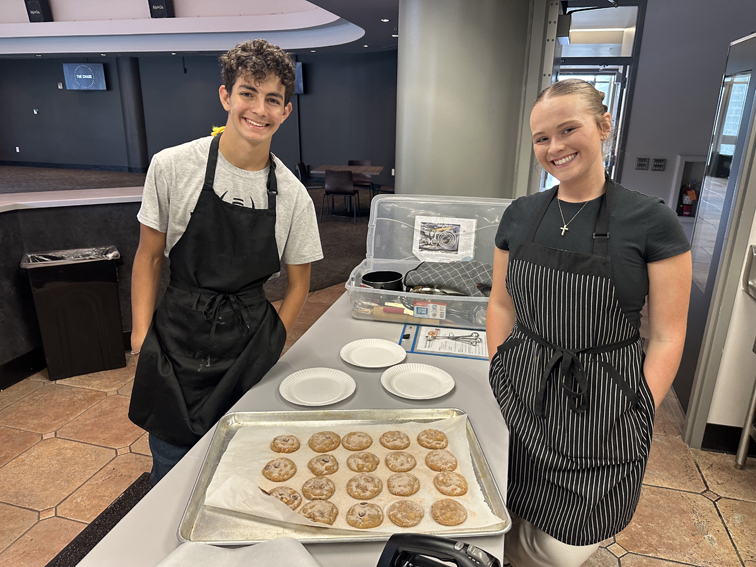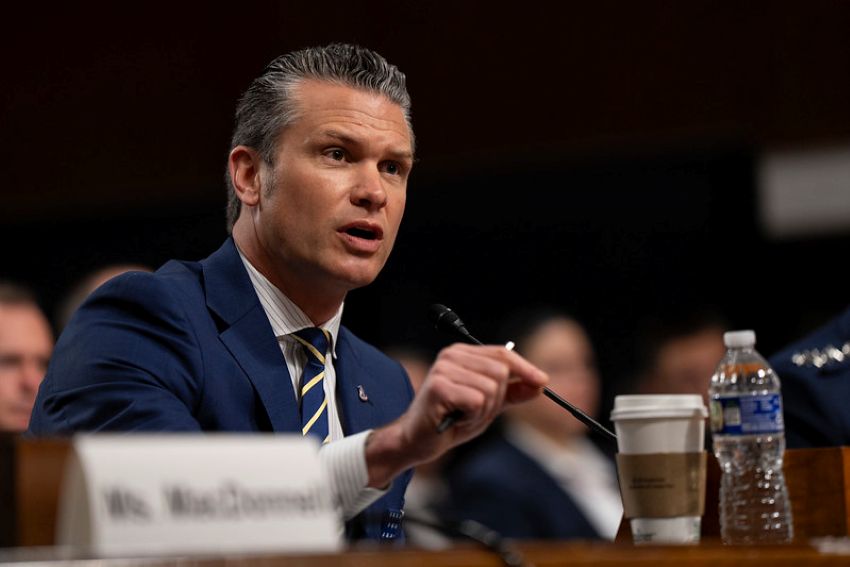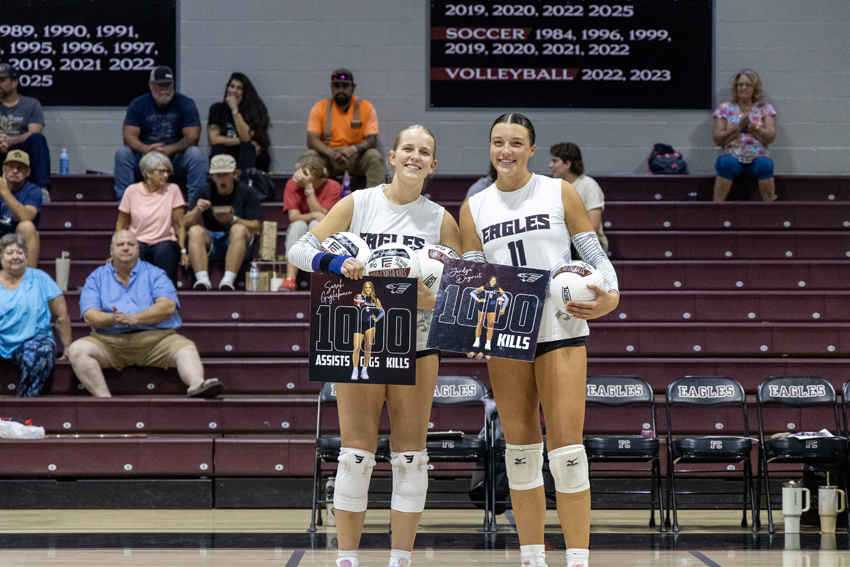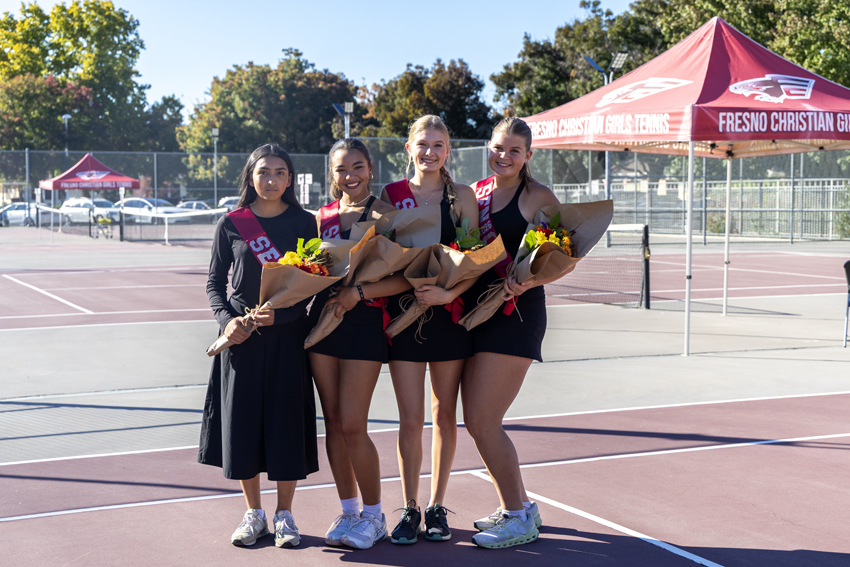As part of the campus Advanced Placement (AP) program, students have the opportunity to take college-level classes in order to possibly gain college credits for the class. Various campus teachers offered AP English Language and Composition, AP US History and AP Calculus AB as options for the upperclassmen students over the 2012-’13 school year.
These students studied year round to prepare for the AP tests in May 2013. The classes have a much more difficult curriculum to challenge students at a college pace. The tests are administered by College Board, where they are scored on a scale of one to five. Scoring a three on a test is considered passing, but each college has requirements, usually leaning towards giving credit for fours and fives.
This past year, each class had over a 50 percent pass rate, which is much higher than both the state and national averages. In AP English 29 students took the test; 23 passed, 12 took the AP US History class; seven passed and 10 took the AP Calculus test; eight passed. The three AP classes had the following pass rates:
? AP English Language and Composition: 79.31 percent
? AP Calculus AB: 80 percent
? AP US History: 58.33 percent
With all the campus AP classes combined, the school had a 74.51 percent pass rate, which was almost 20 percent higher than the state, national and global overall pass rates. The following are the overall averages for California, United States and the world:
? Fresno Christian: 74.51 percent
? California: 54.92 percent
? United States: 55.37 percent
? Global: 55.59 percent
Michelle Warkentin, campus Academic Advisor, believes that the reason FC scores are continuously higher is due to the investments in students by both parents and teachers.
“When parents choose to send their children to Fresno Christian they are making a financial sacrifice and in many cases it is for academic reasons,” Warkentin said. “The majority of our parents are very invested in their students academic success and are more likely to push their child to take AP classes. Another reason may be due to the high quality of our teachers and strong desire for them to see their students succeed.”
Senior Daniel Moore passed both the AP English language test and the AP Calculus test. As a student, Moore felt that he was well prepared by his teacher, Molly Sargent and Michael Fenton.
“I felt pretty well prepared,” Moore said. “In both classes we did a lot of practice exams and a lot of the homework was structured like the exam. Because we have smaller classes, the teachers can focus on what students are learning and are not learning which helps us pass more so than public schools.”
Another reason Warkentin believes campus students succeed is because of the one-on-one attention they can receive with the small class sizes.
“Our class sizes are much smaller than those at most schools therefore teachers can give students more individual attention,” Warkentin said. “They {teachers} also notice when students are struggling and often take the extra steps needed to help them succeed. Our AP program is unique because the class sizes are much smaller than standard AP classes, allowing for more individual instruction.”
AP Calculus teacher Michael Fenton has been teaching AP classes for seven years. He believes that the students’ work ethic combined with having each student for multiple years helps aid the students in passing the advanced classes.
“One of the things we do is from the get-go they are answering AP style, AP difficulty questions,” Fenton said. “We have hard working students, bright students which is a good combination. They {students} also have the advantage or disadvantage of having me for multiple years before AP Calculus so we can hit the ground running on day one.”
This author can be reached via Twitter: @TyninFries. Follow The Feather via Twitter: @thefeather.
For more news, read the Aug. 15 article, Annual back to school night held Aug. 19, 20.






